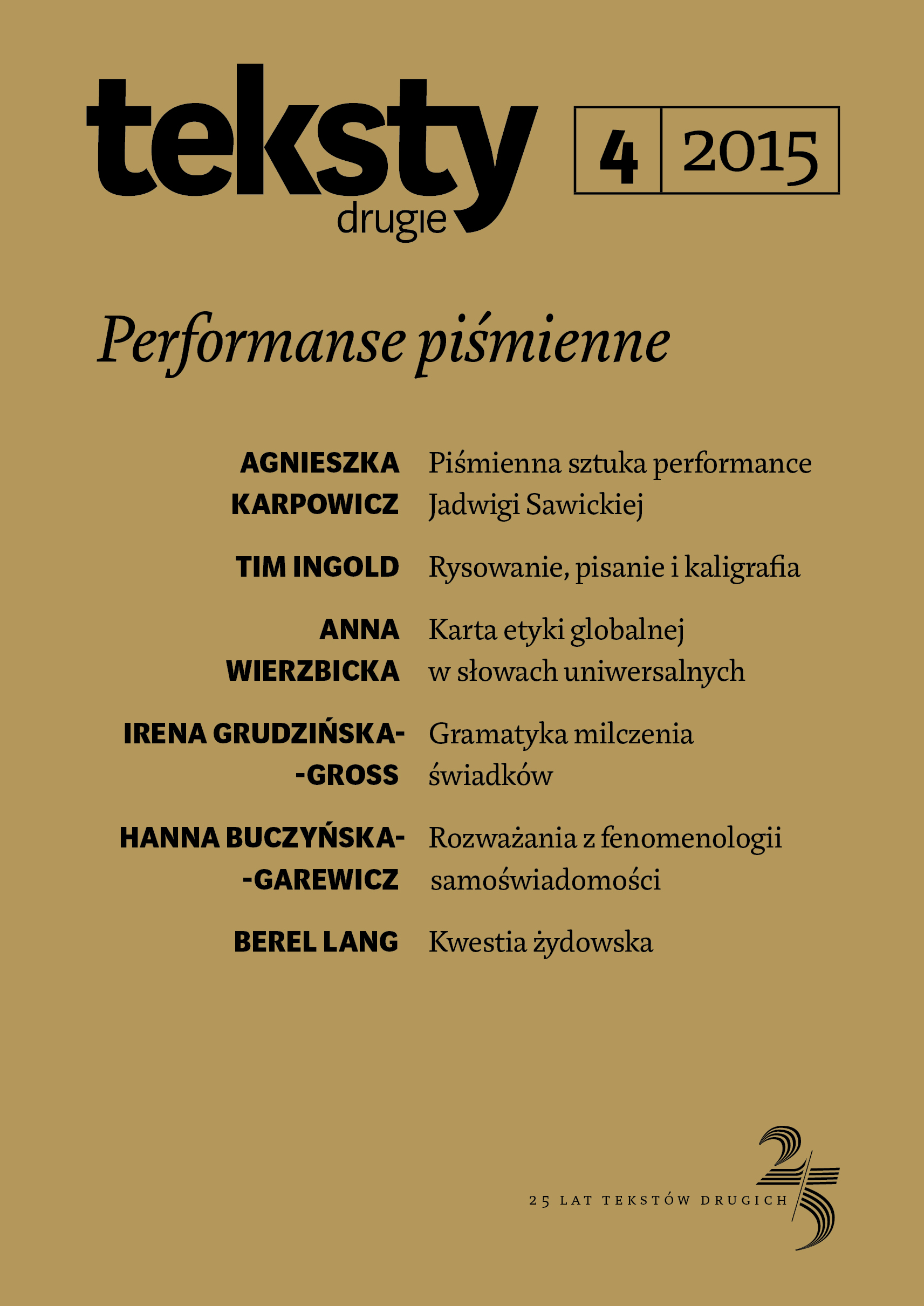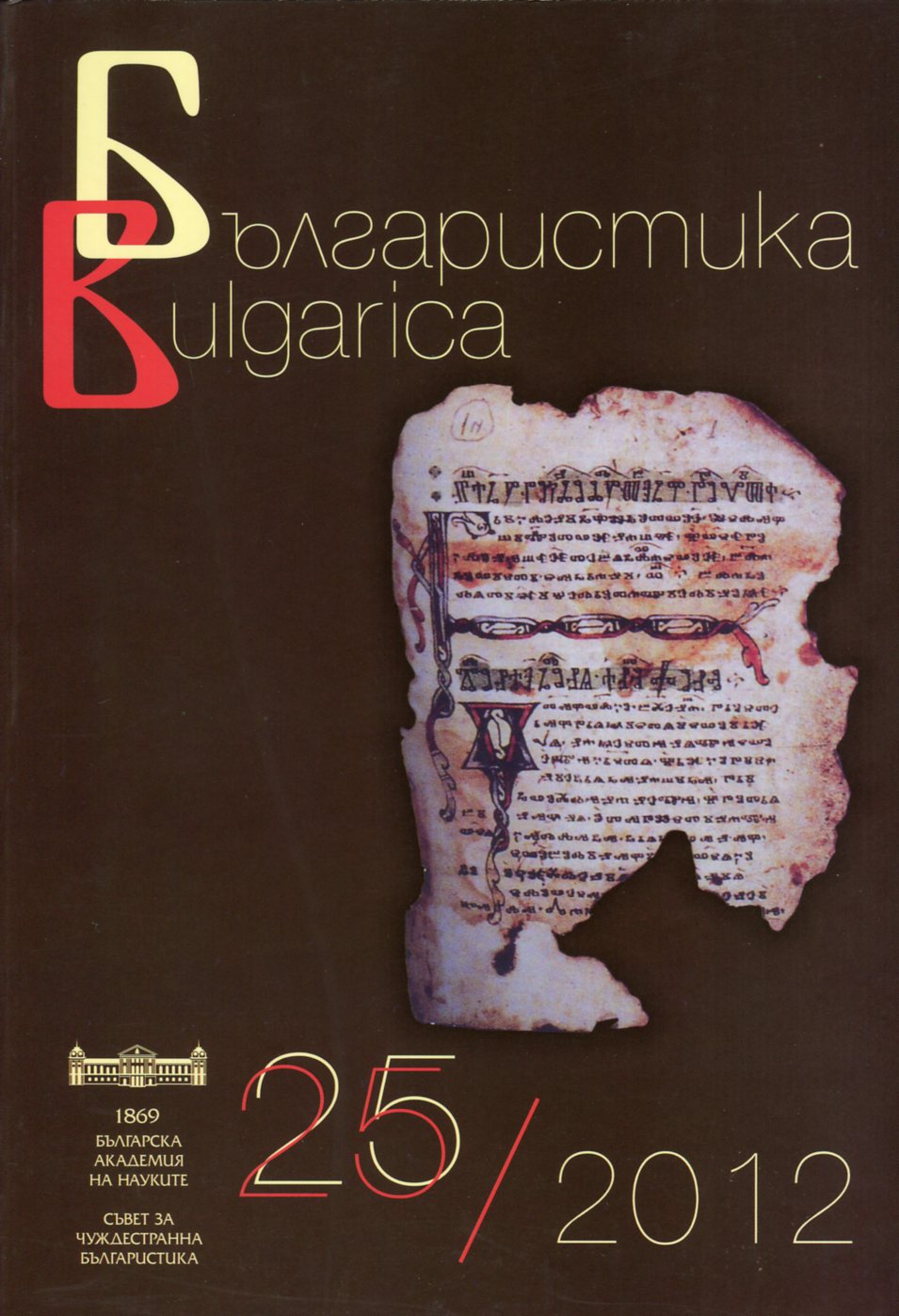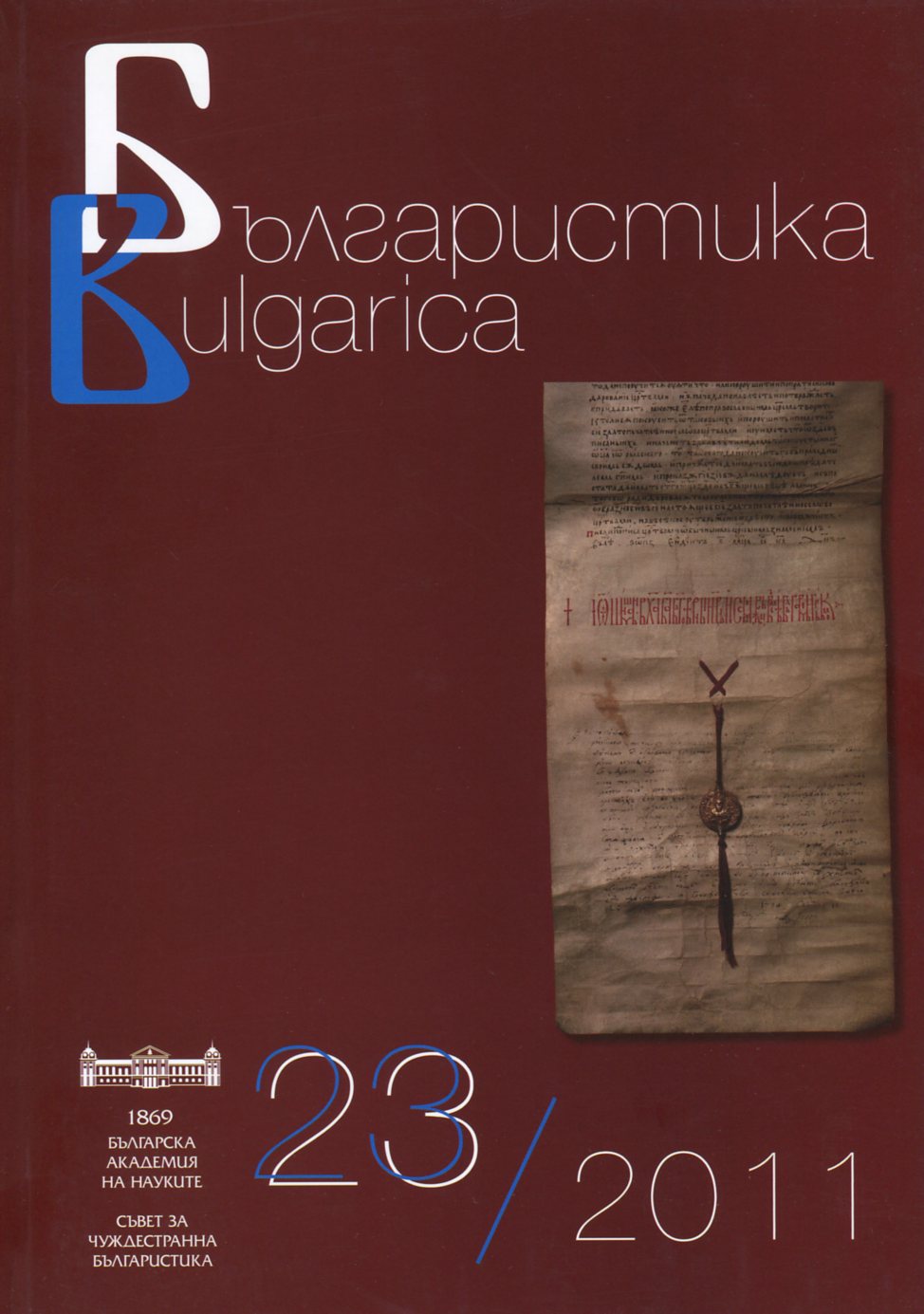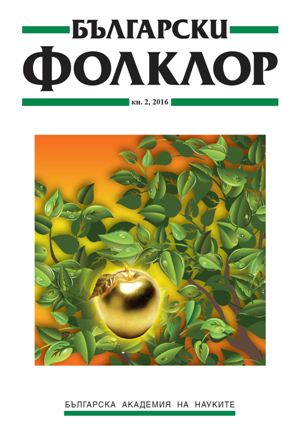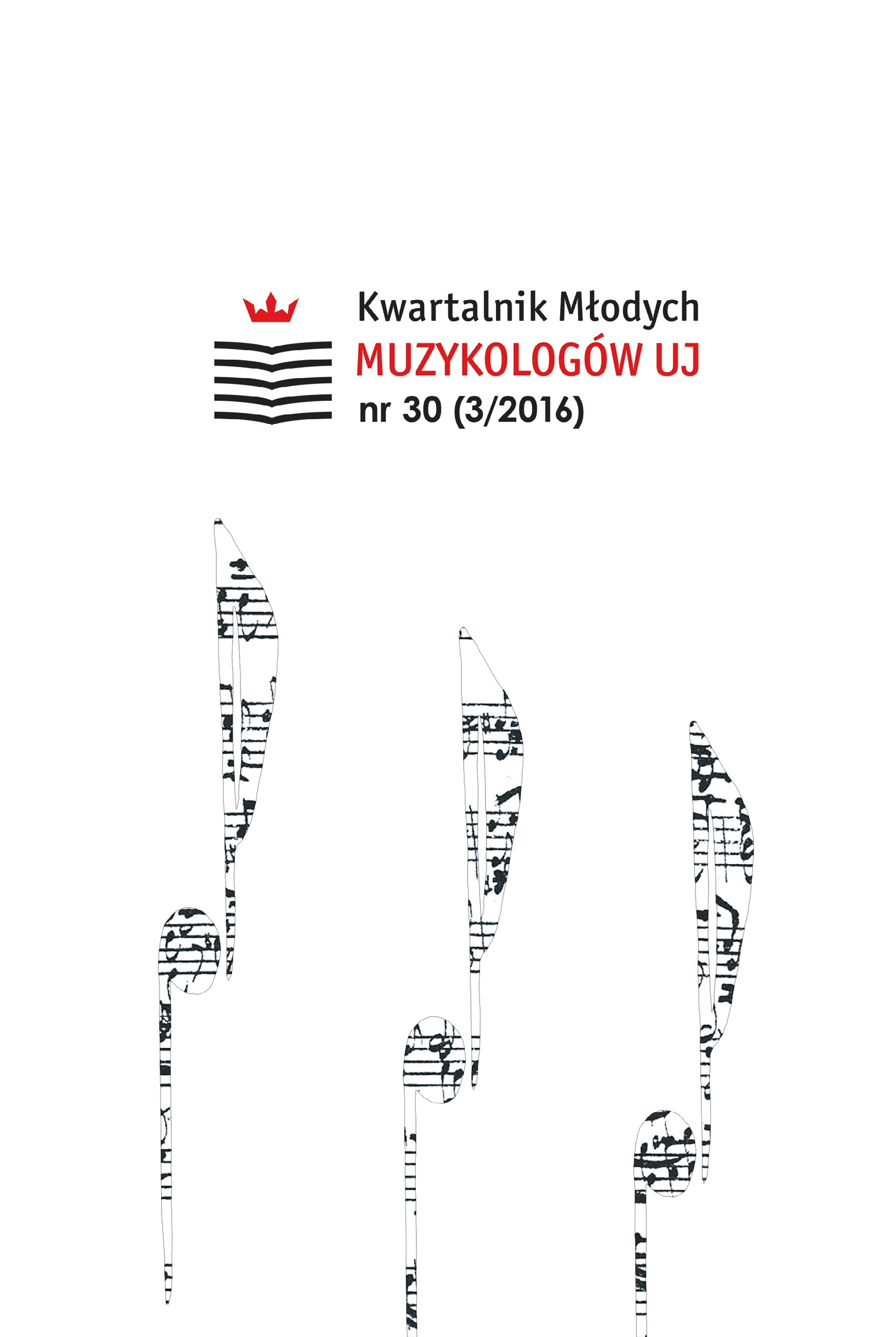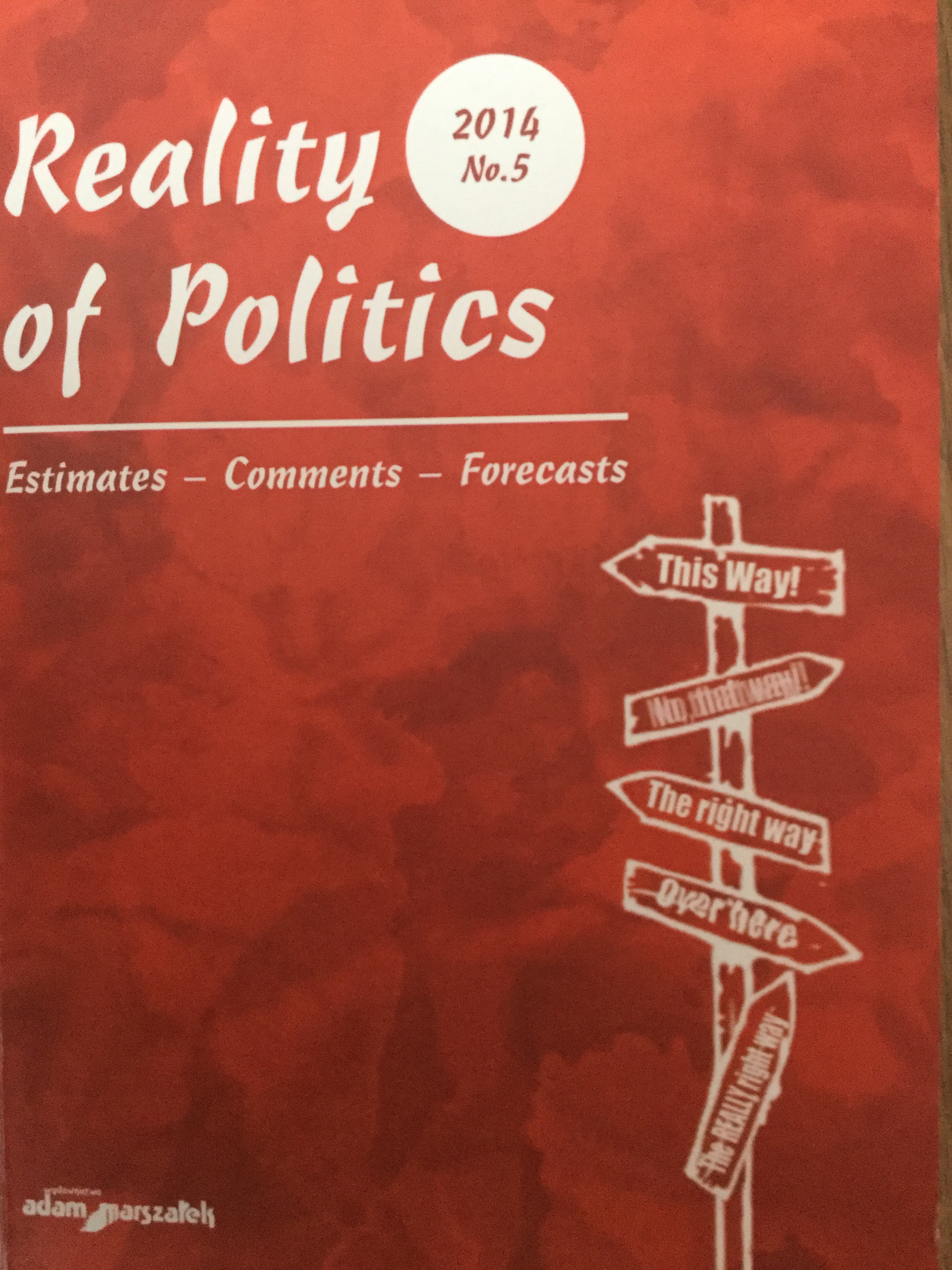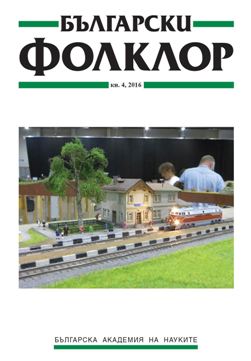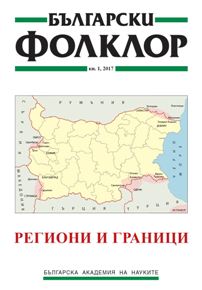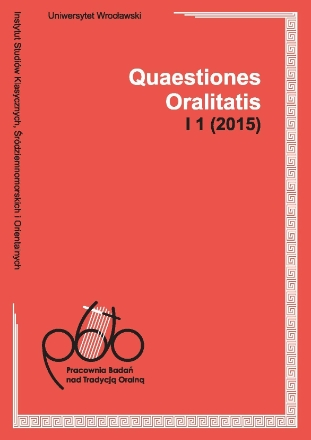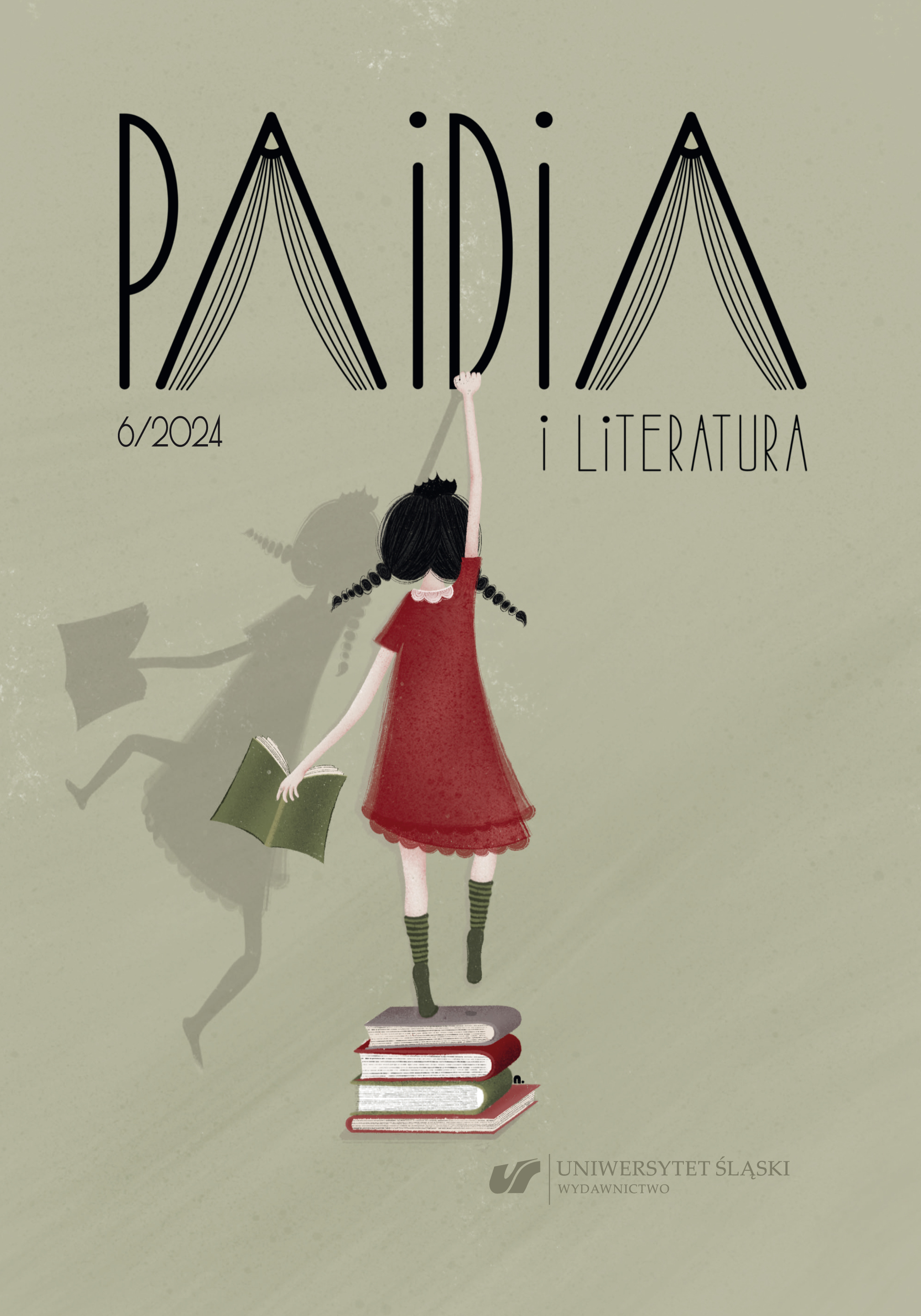Author(s): Andrei Dimitrie Borcan / Language(s): English
Issue: 40/2025
Herman Melville’s “Moby Dick or The Whale” has been analysed by us through the ecocritical lens of a number of Greg Garrard’s tropes of „Ecocriticism” (2004, 2023) (“Apocalypse,” “Wilderness,”“Animals,” “the Earth,” “Indigeneity”), together with other ecocritical concepts: “cornucopia, “ecophilia,” “ecocentrism”, “anthropocentrism,” “anthropomorphism”, “zoomorphism,” “speciesism,” “racism,” “reversed racism,”, “ethnocentrism,” Simon Estok’s “ecophobia”, Stacy Alaimo’s “transcorporeality,” Serenella Iovino’s “porosity”, Timothy Morton’s “hyperobjects”, Gregory Bateson’s “homeostasis”, “double bind” and “schismogenesis,” as well as Gilles Deleuze and Felix Guattari’s “rhizomes” and Michel Foucault’s “heterotopia.” The plot of this vast novel, as well as the characters’ analysis has been found to contain ecocritical concepts. The same can be stated about the numerous quotations contained in this study. All the themes of the novel can be read ecocritically, e.g. “the limits of knowledge”; “the deceptiveness of fate”; “the exploitation”. All the motifs of the novel, including “whiteness”; “surfaces and depths,” are interpretable through the ecocritical lens. All the symbols in the novel can be interpreted ecocritically, e.g. “the Pequod “; “Moby Dick”; “Queequeg’s coffin”; “foreshadowing”. Thus, Melville appears to have been a possible fore-runner of the ecocritical writers in his outlook of natural, social, political issues.
More...
